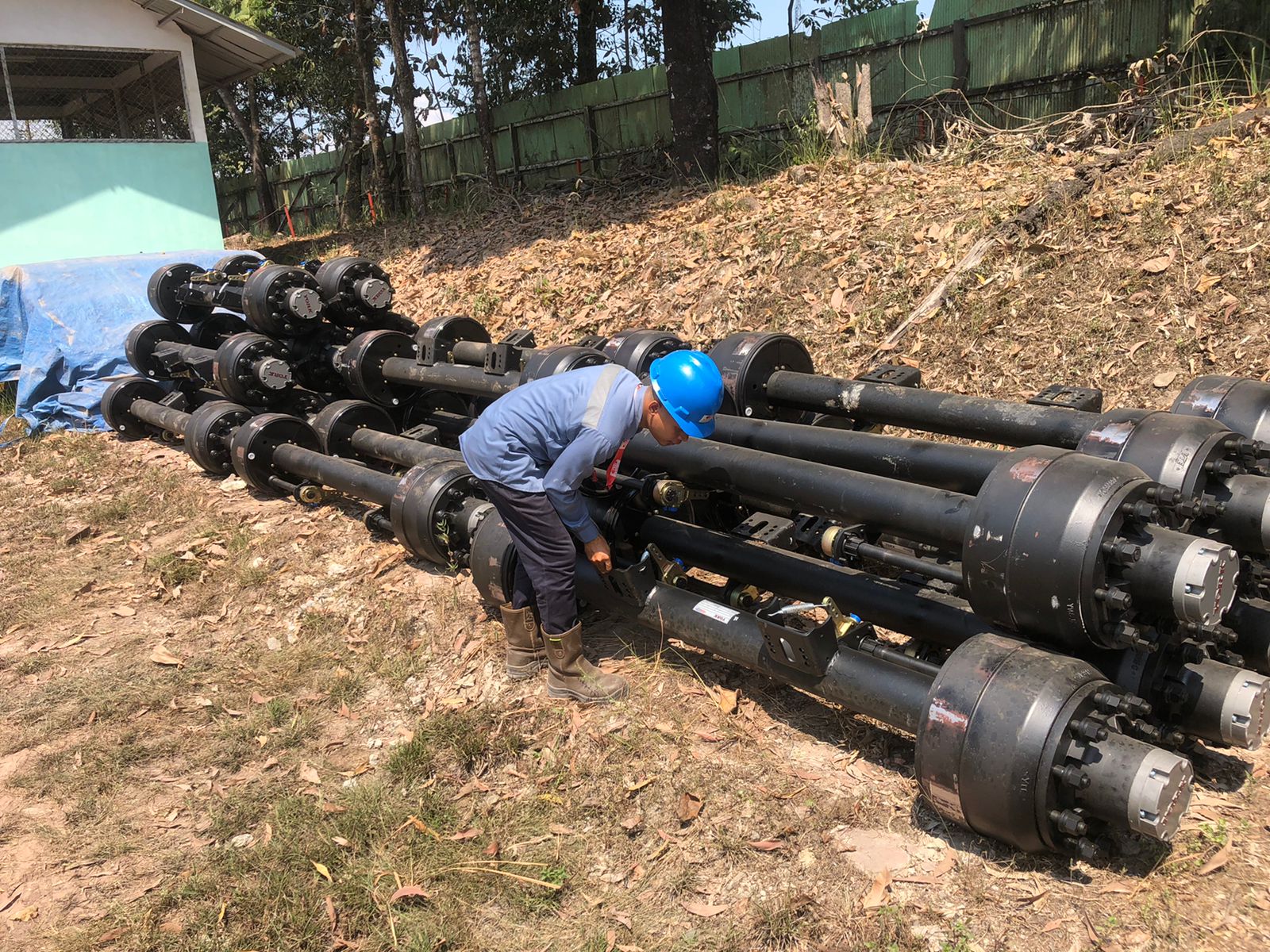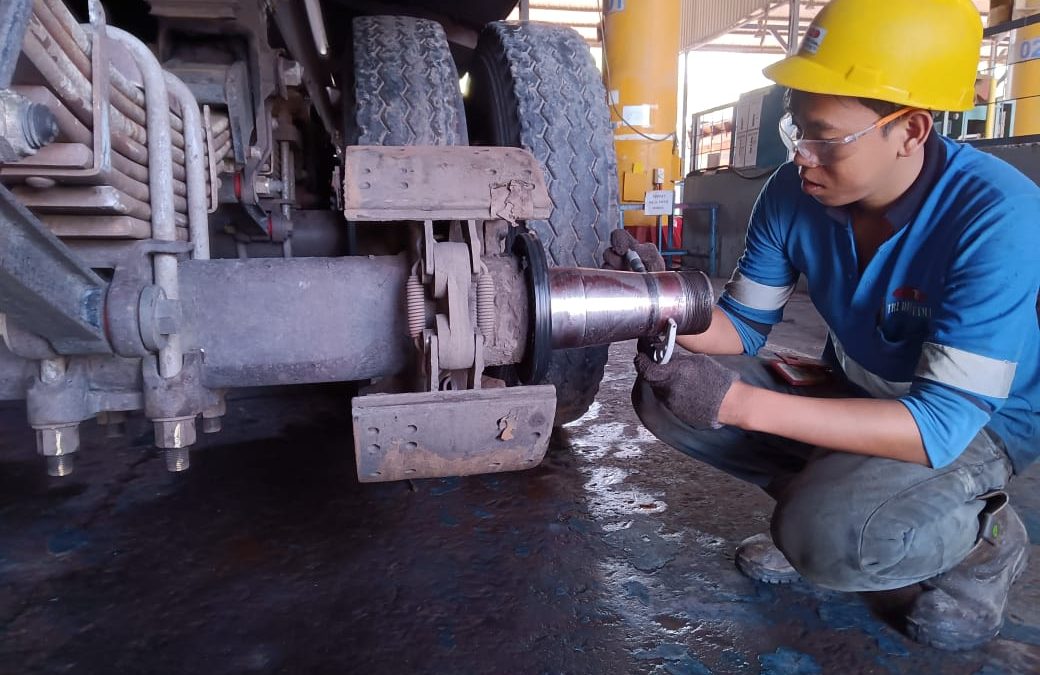In modern industry, operational success depends on the reliability and quality of spare parts. Spare parts are an important part of maintaining the smooth running of industrial activities, especially in the mining, transportation, and manufacturing sectors. Proper selection and maintenance of spare parts are key to supporting operational efficiency and business continuity.
Definition of Spare Parts
Spare parts are components for repairing, maintaining, or improving the performance of industrial machinery, equipment, or vehicles. This can include bolts, gears, filters, to very specific electronic components. Spare parts are needed to replace worn or damaged parts, ensure smooth operation, and extend the life of industrial equipment.
The reliability and quality of spare parts have a significant impact on industrial performance and sustainability. When a company uses reliable and high-quality spare parts, it can reduce the risk of machine breakdowns, production downtime, and maintenance and repair costs. Reliable spare parts also improve operational efficiency and productivity, allowing companies to remain competitive in a tight market.
Meanwhile, the quality of spare parts also affects workplace safety and the environment. The use of low-quality spare parts can result in workplace accidents, environmental pollution, and serious health problems for workers. Therefore, choosing the right spare parts is crucial in maintaining safety standards and industry sustainability.
Risks and Impacts of Spare Part Failure
Spare part failure in industry can have detrimental impacts, especially in the mining, transportation, and manufacturing sectors. One of the impacts is increased downtime, where production stops because equipment is damaged or not functioning properly. This downtime can cause significant financial losses for the company, both in terms of repair costs and lost revenue due to production being halted.
In addition, failure of spare parts can also threaten worker safety and result in serious accidents. For example, in the transportation sector, damage to spare parts on aircraft or vehicles can cause accidents that threaten the lives of passengers and crew. Likewise, in the mining industry, the inability of equipment to operate properly due to the failure of spare parts can increase the risk of work accidents and danger to workers in the field.
In addition, other negative impacts include a decline in the company’s reputation, loss of customer trust, and potential legal sanctions due to violations of safety and environmental regulations. Therefore, companies need to invest time and resources in selecting the right spare parts and implementing effective maintenance programs to prevent failures and ensure smooth operations.

Maintenance Strategy to Prevent Spareparts Failure
Reliability and quality of spare parts are key in complex industries for smooth operations, production efficiency, and business sustainability. The use of reliable and high-quality spare parts not only reduces the risk of damage and downtime but also supports high occupational and environmental safety standards. Therefore, companies must prioritize the selection and maintenance of spare parts carefully to maintain optimal industry performance and sustainability.
Read other articles: Stock Management Strategy for Spare Parts
